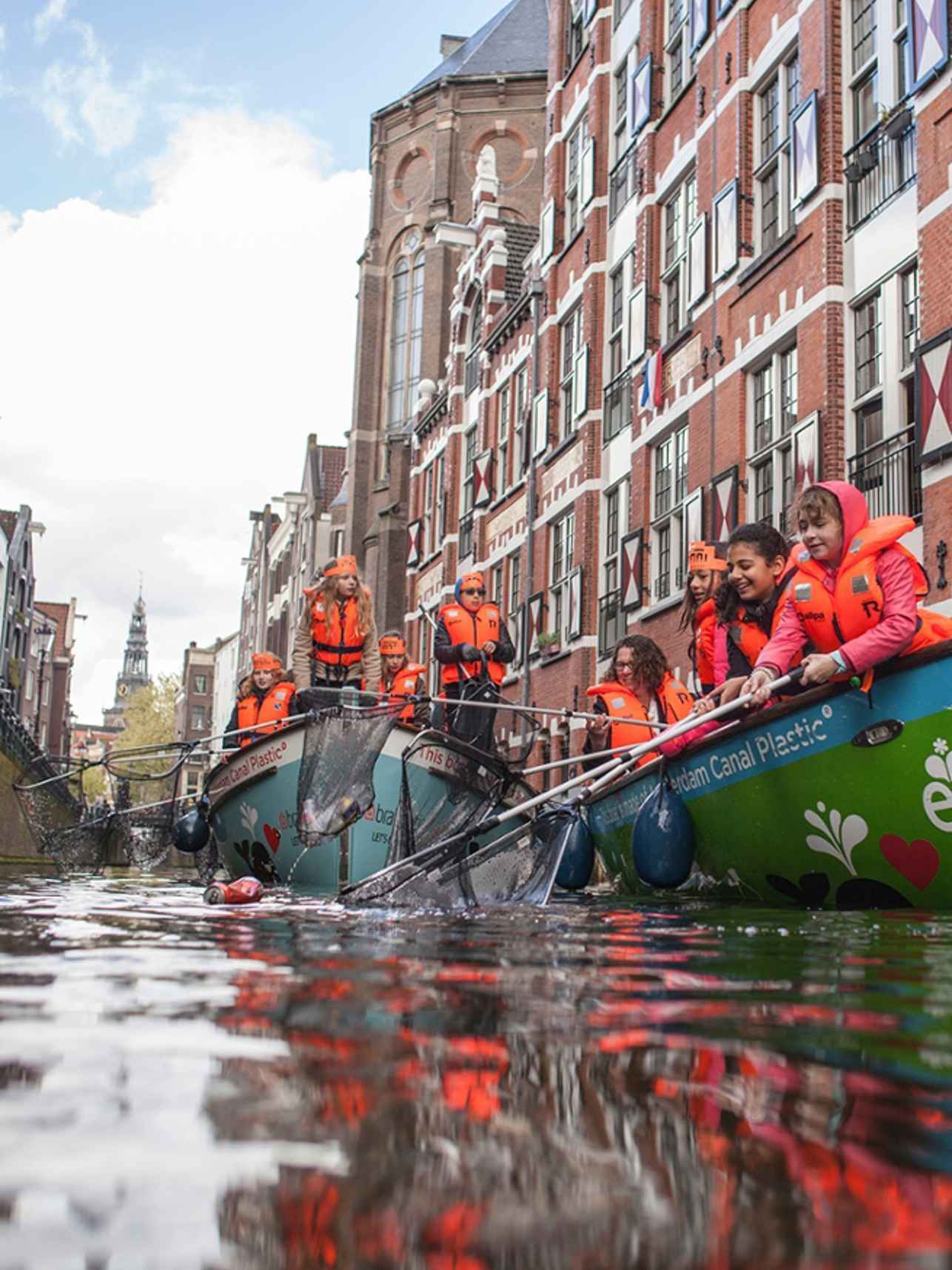The wealthy as a key factor in the climate transition

What is the ecological footprint and handprint of those in a strong socio-economic position and what are the driving forces behind the climate-related choices made by people on high incomes?
Using knowledge from the behavioural sciences, the Psychology for a Sustainable City research group is seeking to help accelerate the transition to a climate-neutral society. Such an acceleration will come about when individuals and communities are willing and able to change their behaviour on a large scale. The research group is keen to play a key role in this change, through practice-oriented research.


What is the ecological footprint and handprint of those in a strong socio-economic position and what are the driving forces behind the climate-related choices made by people on high incomes?

What is the value of hidden urban nature for residents? Are they aware of hidden urban nature, what do they think of it, and do they allow it the space to flourish?

Research into citizen councils in practice: what is it that brings different perspectives together in such a way in the decision-making process that it results in innovative solutions that enjoy broad support?
Behavioural scientist Reint Jan Renes is the professor of the Psychology for Sustainable Cities research group. His professorship conducts research into the social psychology of sustainable behaviour, focusing on concrete issues in society.
